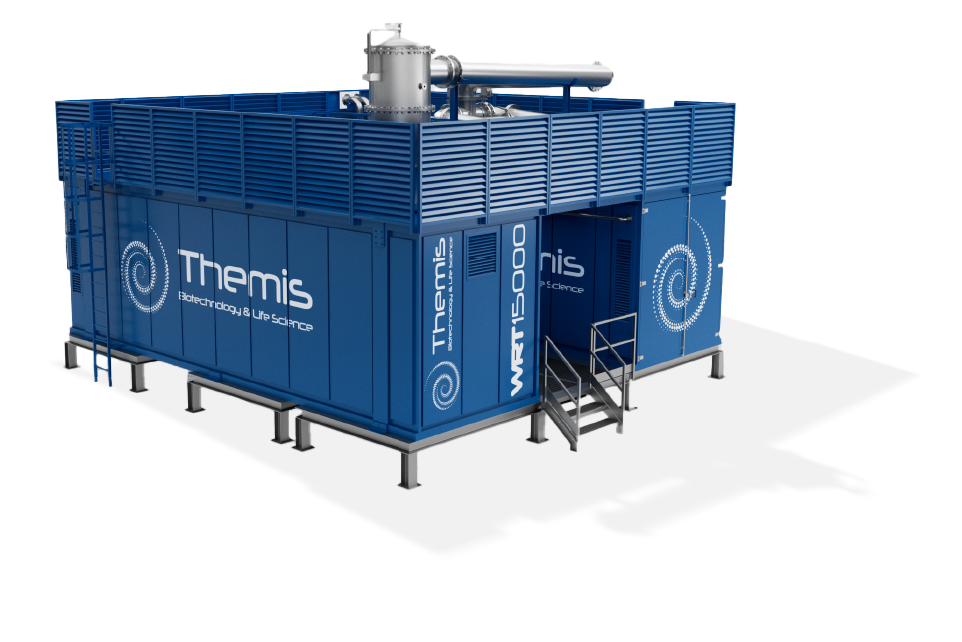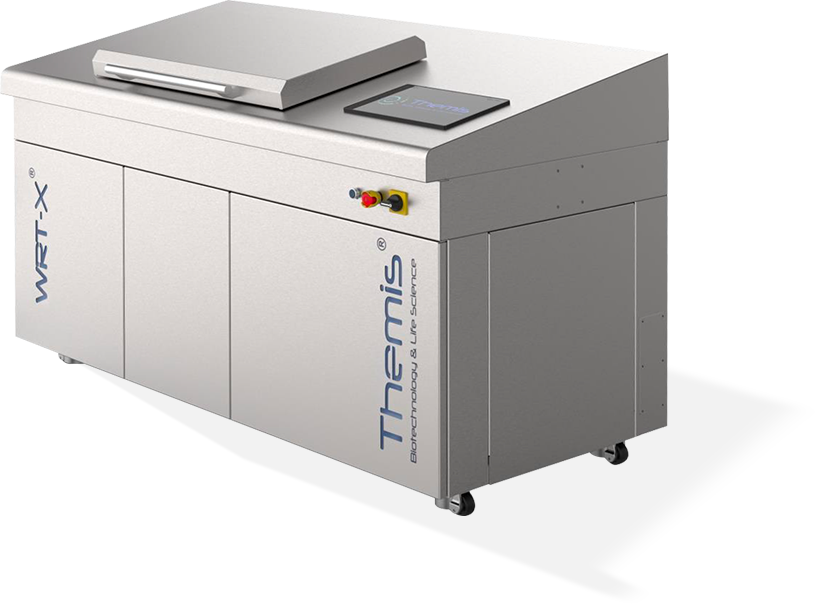
Themis is a strategic partner, a benchmark in the circular economy with unique and patented solutions for industrial wastewater management and sustainability
“We work every day with passion and commitment to create a greener future for the next generation”
We revolutionize industrial processes by offering advanced solutions for industrial wastewater management and treatment
Waste Recovery Technology
The new frontier in industrial wastewater treatment

Solution for the retail sector
High performance, maximum flexibility and minimum footprint



Tailor-made solutions to make your processes more efficient, sustainable and innovative
Themis operates on an international scale through a network of partners and distributors present on all continents.
Our ubiquity ensures customized services based on the needs of each client.
info@themis-industries.com


©2025 Themis | P.IVA – C.F. 10272900969 | Rea MI-2518420 | Made by Ellow